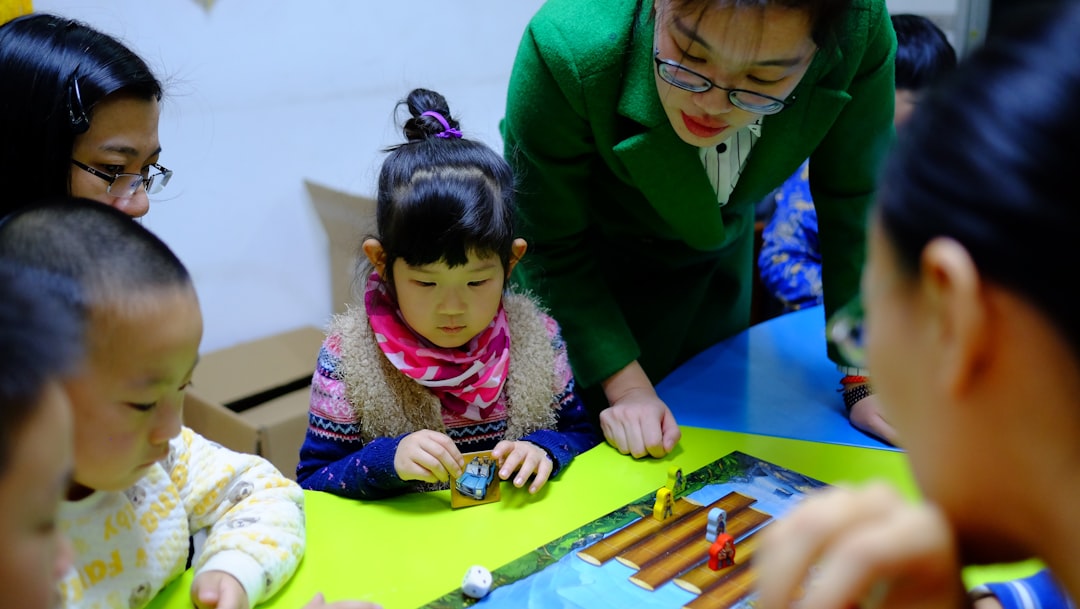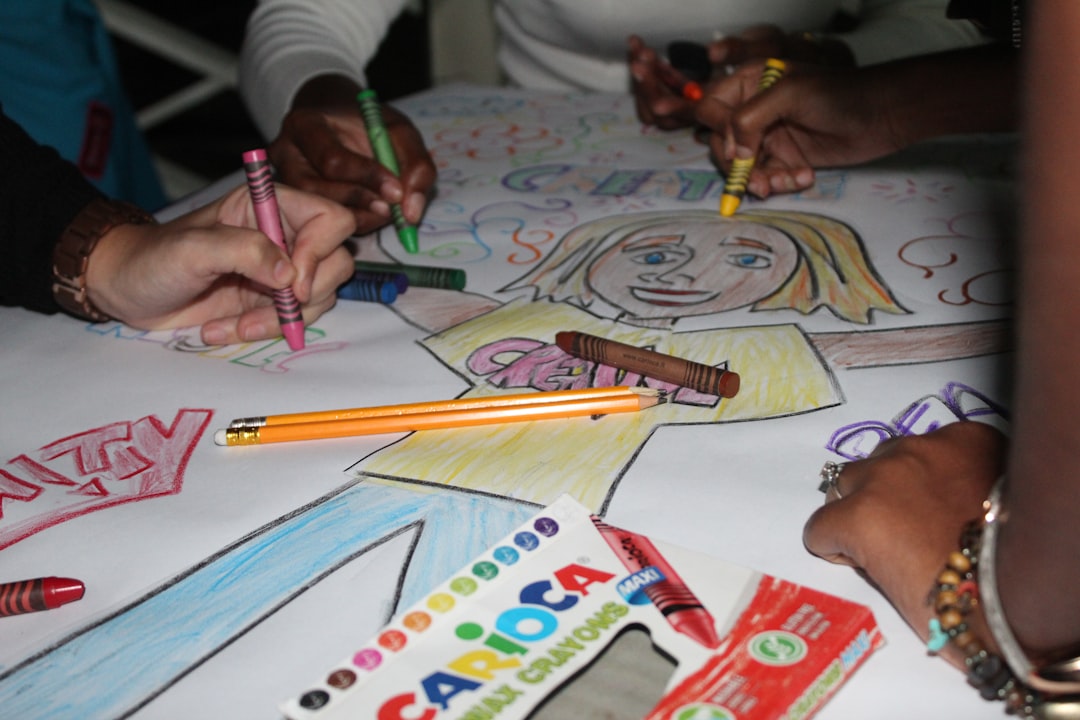The early years of a child’s life are critical for cognitive, social, and emotional development. During this foundational period, children learn habits, behaviors, and skills that will shape their academic and personal futures. This is where early learning centers play a vital role. These institutions provide more than just childcare — they deliver structured, play-based educational experiences that stimulate young minds and nurture a lifelong love of learning.
Early Learning Centers: A Cornerstone of Growth
Early learning centers are environments specifically designed to align with the developmental needs of infants, toddlers, and preschool-aged children. The goal is not merely to supervise children while their parents are at work but to introduce them to core concepts of communication, cooperation, and creativity. These programs are usually led by trained educators who use evidence-based practices to guide children’s growth in language, problem-solving, and motor skills.
Studies consistently show that children who participate in high-quality early education programs are more likely to succeed academically and socially. Research by the National Institute for Early Education Research (NIEER) reveals that early learners show better literacy and numeracy performance and are more likely to graduate from high school and attend college.

Socialization and Emotional Intelligence
One of the often-overlooked benefits of early learning centers is the role they play in developing social and emotional intelligence. As children interact with their peers and teachers, they learn important social norms, like taking turns, listening to others, and resolving conflicts. These skills have lifelong implications and are essential for building healthy relationships both in school and later in the workplace.
Furthermore, early exposure to diverse communities fosters empathy and inclusion. Children gain an awareness of different cultures and perspectives, which is invaluable in a globally connected world.
Structured Play and Learning
Play is not just a recreational activity for young children — it is one of the most effective ways to teach. Skilled educators in early learning centers use structured play to introduce foundational concepts such as shapes, numbers, letters, and colors while also encouraging exploration and creativity.
- Creative Play: Encourages imagination through art, music, and storytelling.
- Physical Play: Enhances motor skills through activities like climbing, running, and dancing.
- Sensory Play: Supports discovery through materials like sand, water, and textured objects.

Support for Working Families
Early learning centers play a critical role not just for children but also for families. They offer reliable childcare solutions, enabling parents to work or pursue education with confidence that their children are in a safe, nurturing environment. This is especially critical for single-parent households or low-income families where accessible childcare can directly impact economic mobility.
In addition to providing care, many centers offer parenting workshops and community support services, creating a holistic educational environment that extends beyond the classroom.
Preparing for Lifelong Success
When children attend early learning centers, they don’t just prepare for kindergarten — they lay the foundation for lifelong success. Higher academic achievement, improved behavior, and increased self-confidence are all linked to quality early education. These benefits ripple into adulthood, contributing to better employment opportunities and well-being.
Investing in early learning is not merely a personal choice but a societal one. It reduces gaps in opportunity and equips the next generation with the skills needed to navigate a rapidly changing world.
Frequently Asked Questions
-
What age should my child start attending an early learning center?
Most centers accept children as young as six weeks, but educational programs typically begin around age 2 or 3. -
How do I know if an early learning center is high-quality?
Look for accredited institutions with certified staff, low teacher-to-child ratios, a stimulating curriculum, and a clean, safe environment. -
Is early learning the same as daycare?
No. While both provide care, early learning centers focus on educational development tailored to specific age groups. -
What types of activities will my child participate in?
Activities include storytelling, music, arts and crafts, physical play, problem-solving tasks, and social interaction exercises. -
Can early learning help children with special needs?
Absolutely. Many centers offer inclusive programs and have staff trained to accommodate diverse learning needs and abilities.


